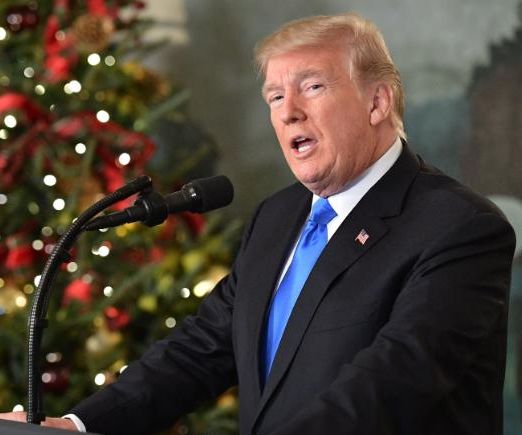 Trump occupies his post for already a year and during this time his Middle-Eastern politics has become an object of heated criticism from active and retired diplomats, Middle-Eastern experts and political scientists. There is even an opinion that Trump, unfortunately, listens more to his relatives, so it is unclear where the White House ends and where Trump’s family begins. He listens more to the opinions of unqualified people on the Middle East, than to the experienced diplomats. Moreover, the situation in the Department of State remains rather volatile. Despite one year has already passed, many offices remain unoccupied and Tillerson prefers a rather authoritarian mode of management, without listening to the Middle-Eastern specialists. At the same time there are several points of disagreement between Tillerson and Trump on the Middle East, which have become public.
Trump occupies his post for already a year and during this time his Middle-Eastern politics has become an object of heated criticism from active and retired diplomats, Middle-Eastern experts and political scientists. There is even an opinion that Trump, unfortunately, listens more to his relatives, so it is unclear where the White House ends and where Trump’s family begins. He listens more to the opinions of unqualified people on the Middle East, than to the experienced diplomats. Moreover, the situation in the Department of State remains rather volatile. Despite one year has already passed, many offices remain unoccupied and Tillerson prefers a rather authoritarian mode of management, without listening to the Middle-Eastern specialists. At the same time there are several points of disagreement between Tillerson and Trump on the Middle East, which have become public.
Speaking about this very decision, now I can say that there is absolutely no logic in it. Even from the point of view of the US national interests in the region. There is an opinion that many of Trump’s advisers have planted in his mind an idea that now the situation in the Arab world has changed so much that the Arab states do not pay attention to the Palestinian issue and that his decision to move the embassy to Jerusalem or to recognize this city as Israel’s capital will not provoke backlash in the Arab world. He thinks that maybe Arabs will have some minor protests, but not like in the 50ies and 60ies. Probably, such thoughts made Trump pass such decision. But there is absolutely not logic in it, and the reaction of Arab states, even of Saudi Arabia that now established special relations with Israel, of Iraq, Egypt, of European states like France, is naturally negative and will complicate the resolution of many other regional issues. This will hamper Trumps policy not only in the Palestinian-Israeli dimension, but also in Europe and in the Islamic world as a whole.
Photo credit Mandel Ngan/AFP
